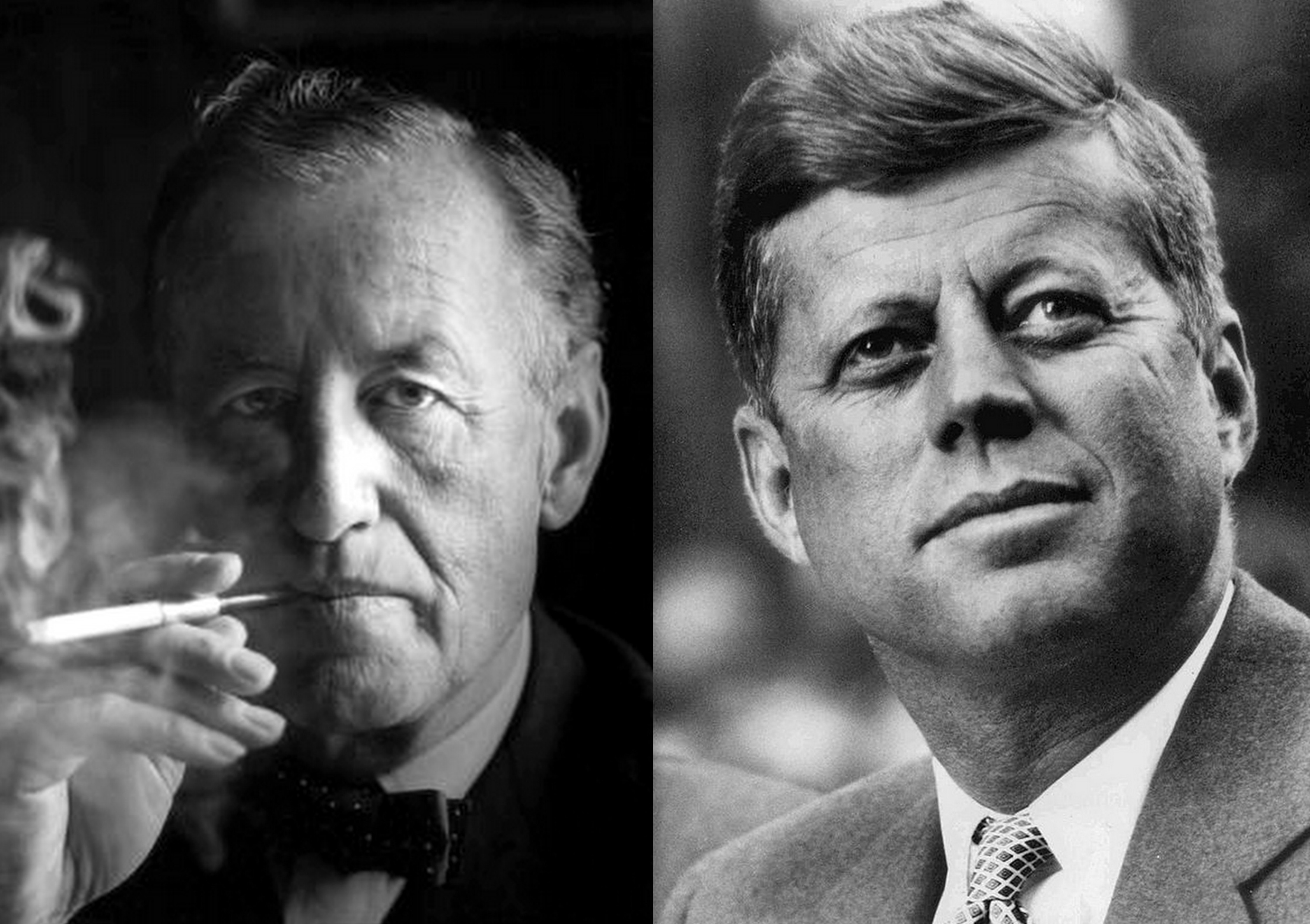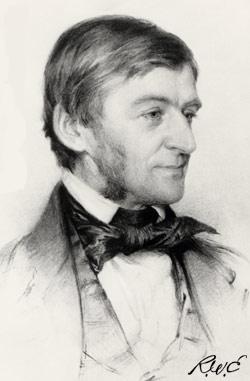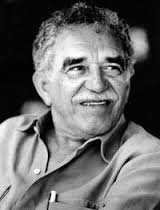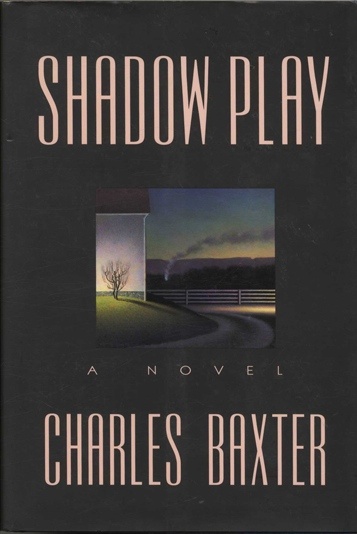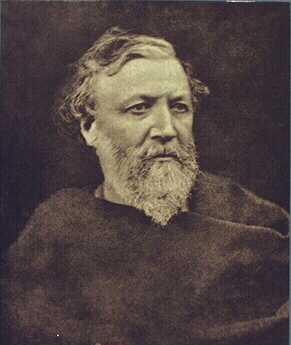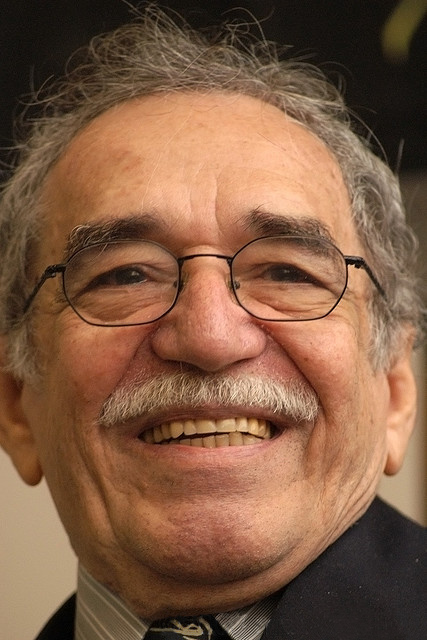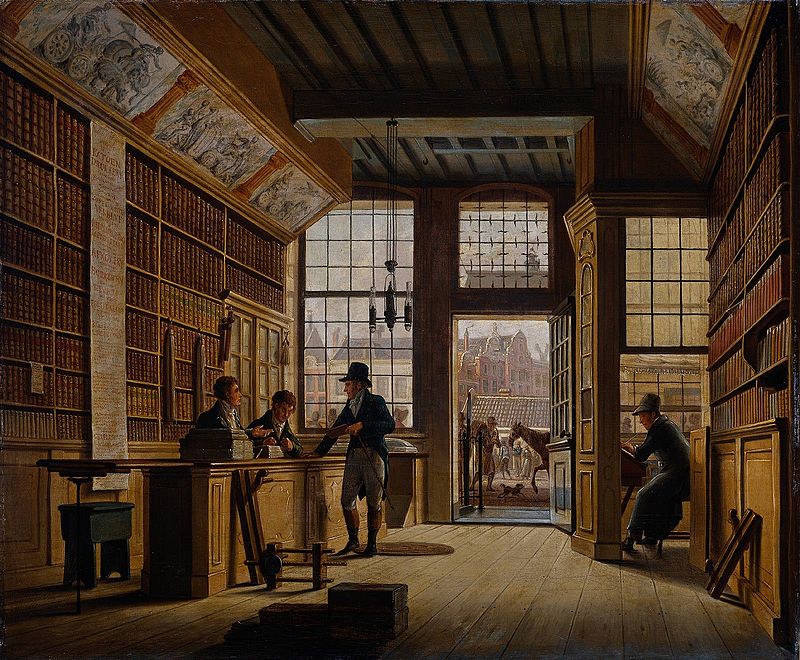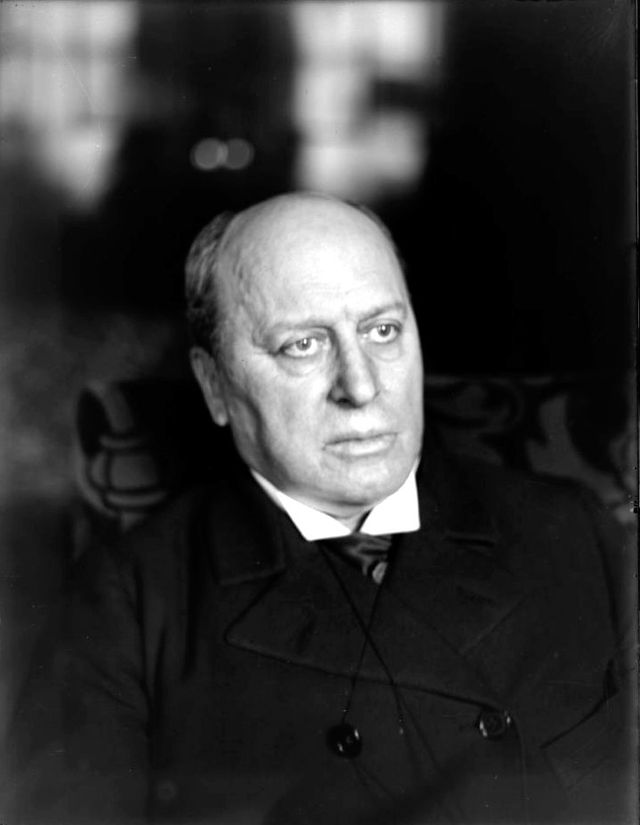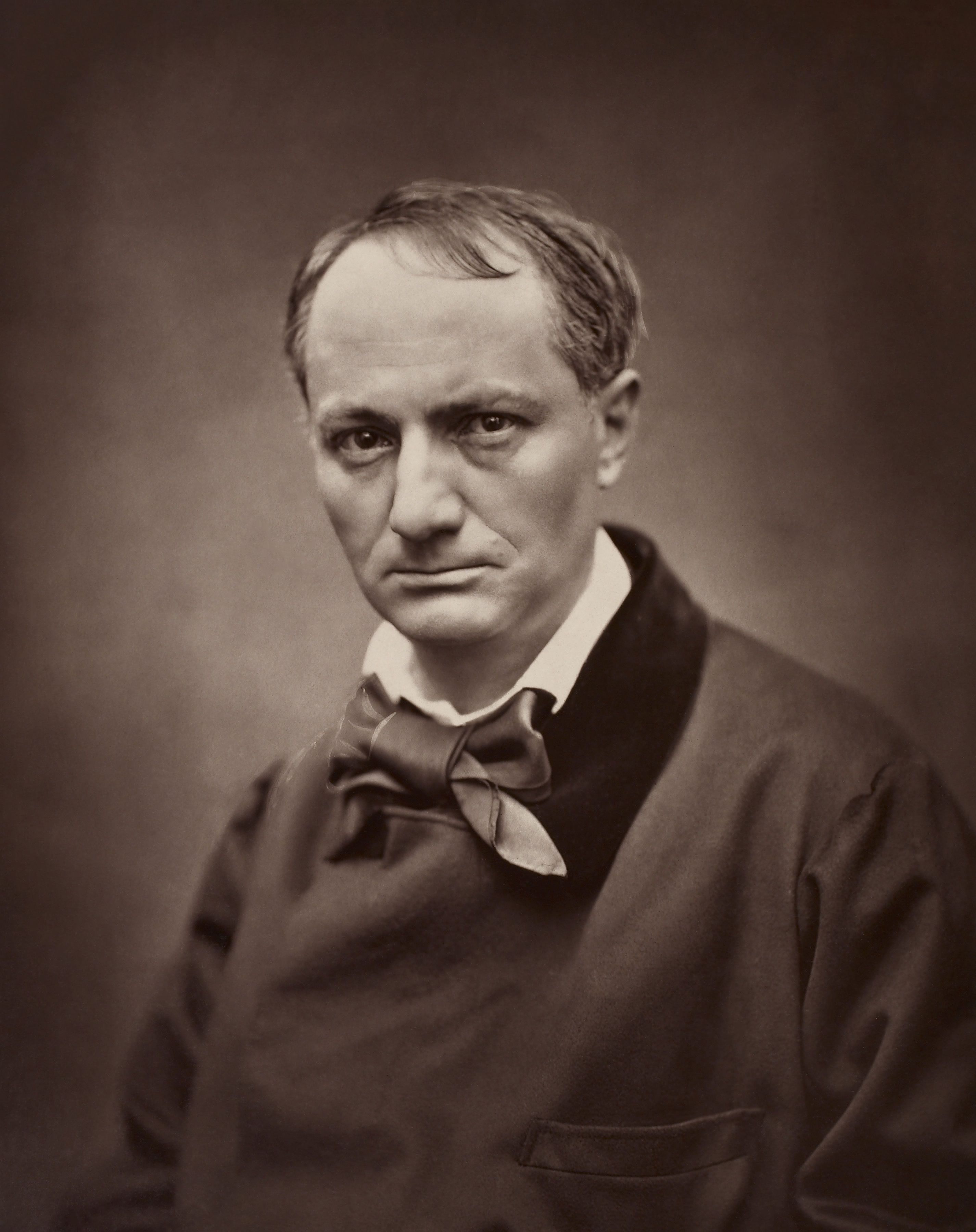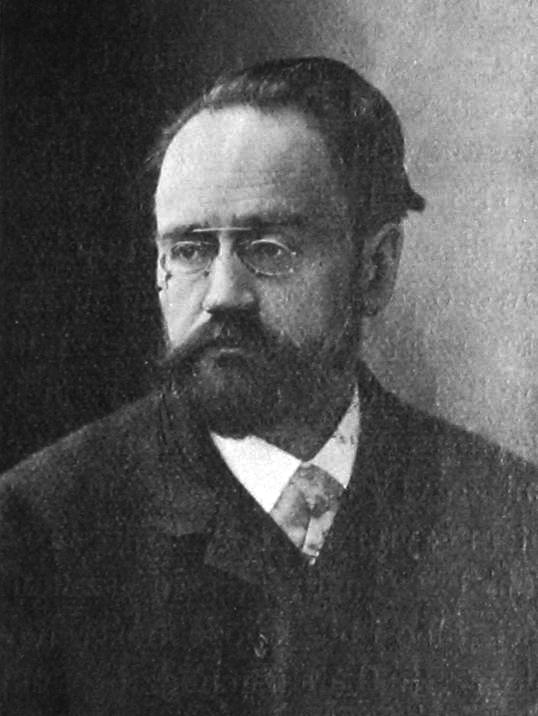Ian Fleming was one of the great raconteurs of 20th century international life. Not surprisingly, he was also a great participant in it. Fleming was famously at the forefront of British secret intelligence during World War II, helping establish the vital No. 30 Commando unit to intercept Nazi communications. This experience was essential in creating the espionage stories of the James Bond books. Fleming, as he became a celebrity author, often met with leading figures of his time, some of whom were also big fans of his work. One of the most memorable of these meetings was with soon-to-be U.S. president John F. Kennedy.
us toll free: 1-800-948-5563 international: +1 (843) 849-0283 UK: +44 (0) 1334 260018





